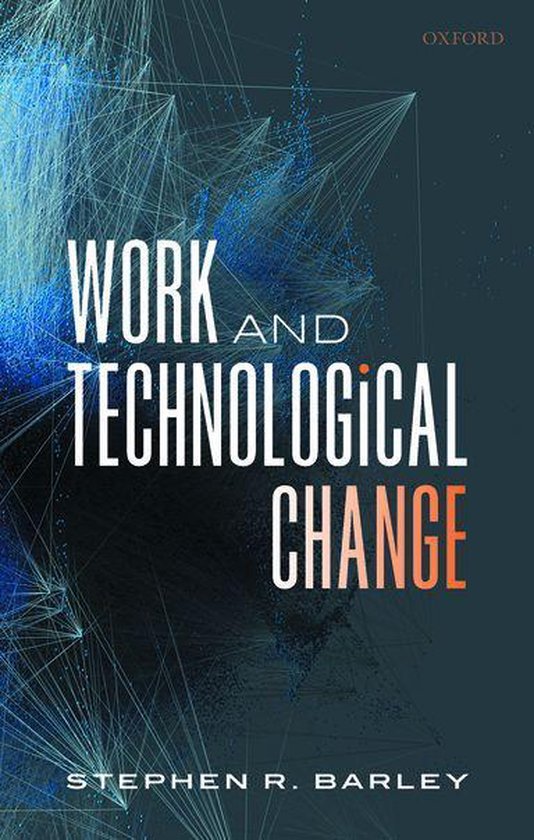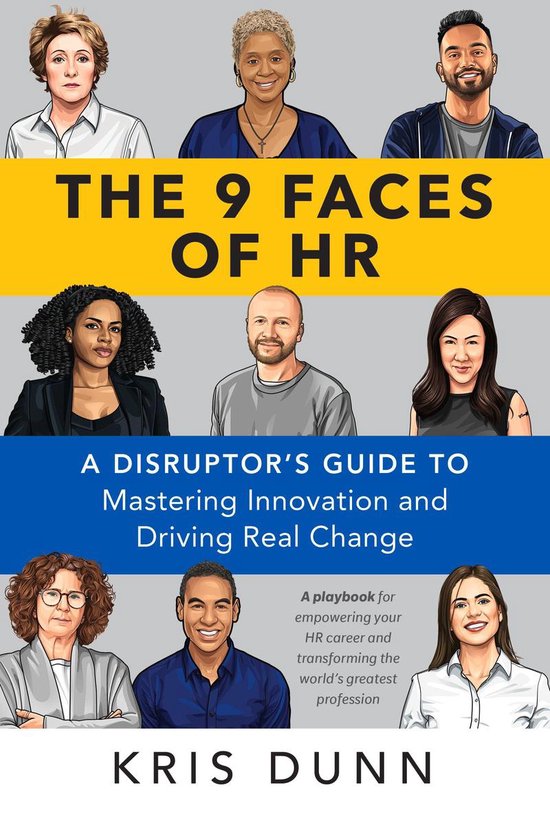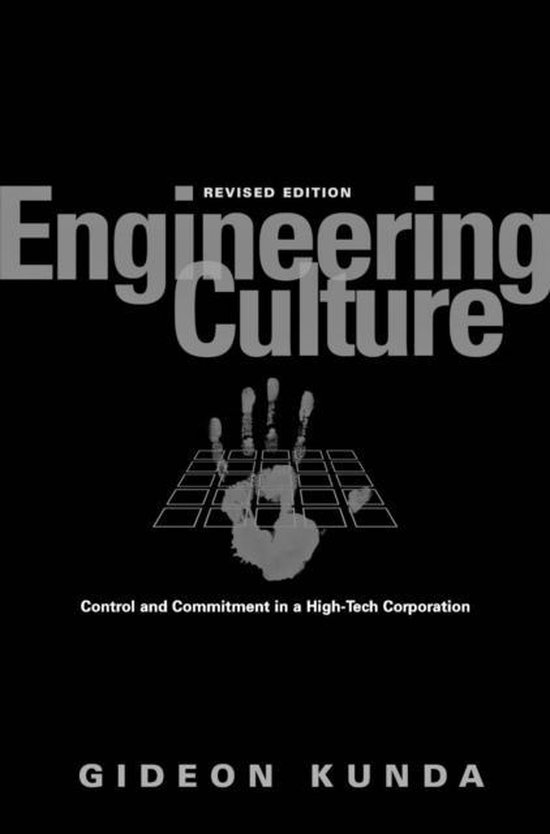Clarendon lectures in management studies work and technological change

Direct beschikbaar
In recent years a growing number of commentators have declared that we are at the beginning of a technical revolution that will see profound changes in the way we live and work. Yet what constitutes a technological revolution, and what logic supports how successive technological revolutions have unfolded in Western societies? How do technologies change organizations and what are the implications of intelligent technologies for work and employment? Here, Stephen R. Barley reflects on over three decades of research to explore both the history of technological change and the approaches used to investigate how technologies are shaping our work and organizations. He begins by placing current developments in artificial intelligence into the historical context of previous technological revolutions, drawing on William Faunce's argument that the history of technology is one of progressive automation of the four components of any production system: energy, transformation, transfer, and control technologies. He then considers how technologies change work, and when those changes will and will not result in organizational change. In doing so he lays out a role-based theory of how technologies produce changes in organizations. He then tackles the issue, alongside Matt Beane, of how to conceptualize a more thorough approach to assessing how intelligent technologies, such as artificial intelligence, can shape work and employment. They identify the main reasons why the current state of research on intelligent technologies in the workplace is inadequate, and provide pointers on how empirical studies in this area may, and must, be improved. He concludes with a discussion with his long-time colleague Diane Bailey about the fears that arise when one sets out to study technical work and technical workers, and the methods that they, and future ethnographers, can use for controlling those fears.
- 1 Bekijk alle specificaties



Prijs:
Taal: en
Bindwijze: E-book
Oorspronkelijke releasedatum: 27 oktober 2020
Ebook Formaat: Adobe ePub
Illustraties: Nee
Hoofdauteur: Stephen R. Barley
Hoofduitgeverij: Oup Oxford
Lees dit ebook op: Desktop (Mac en Windows)
Lees dit ebook op: Kobo e-reader
Lees dit ebook op: Android (smartphone en tablet)
Lees dit ebook op: iOS (smartphone en tablet)
Lees dit ebook op: Windows (smartphone en tablet)
Studieboek: Ja
EAN: 9780192514417